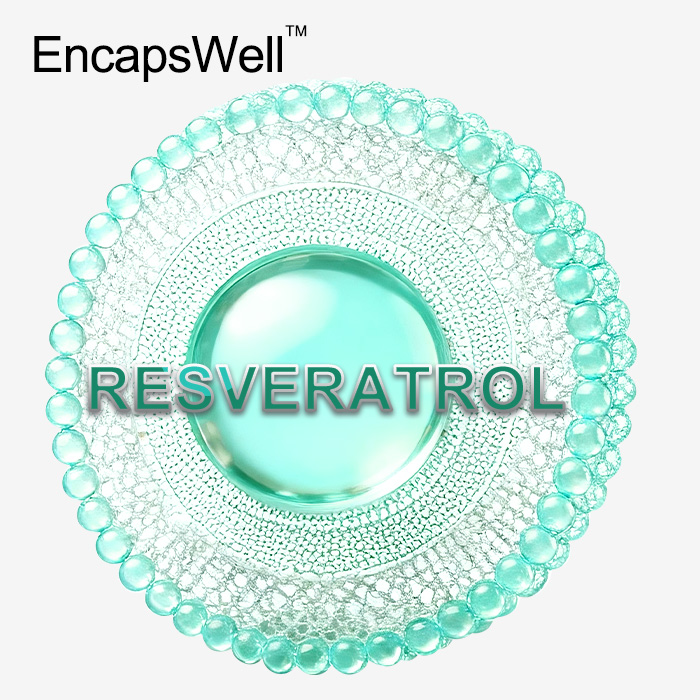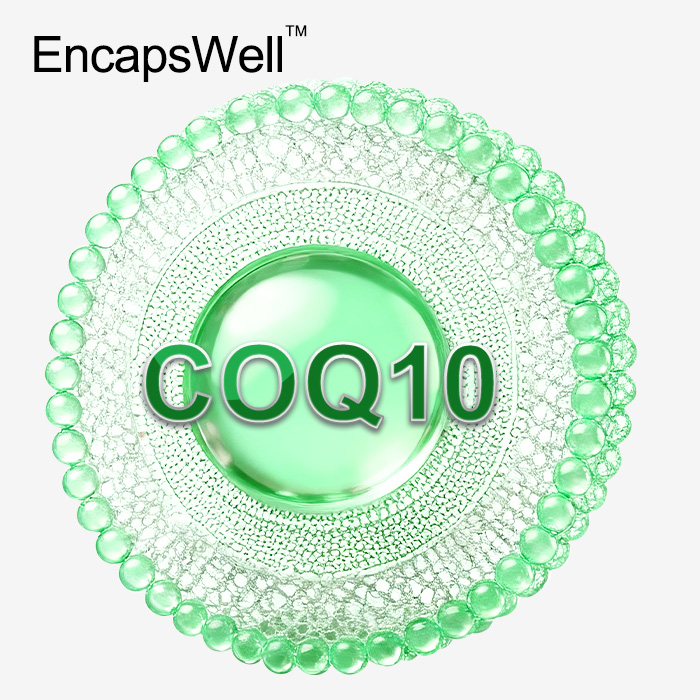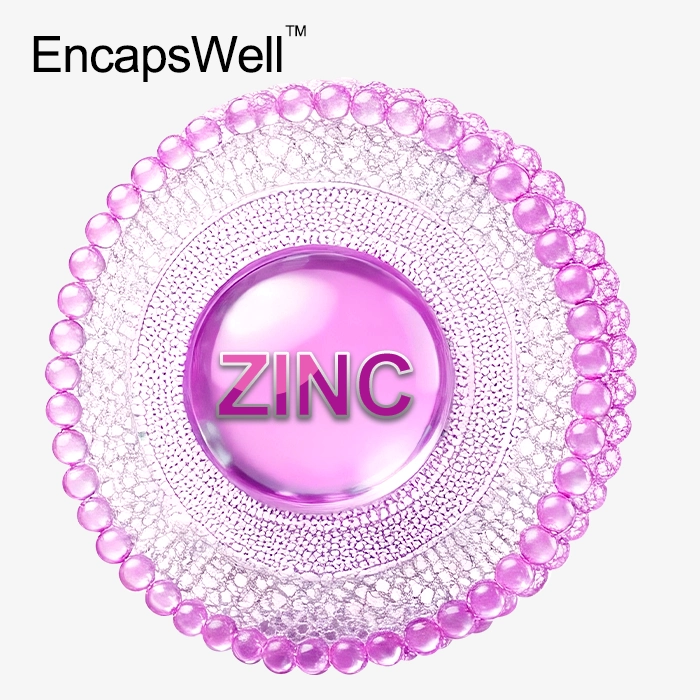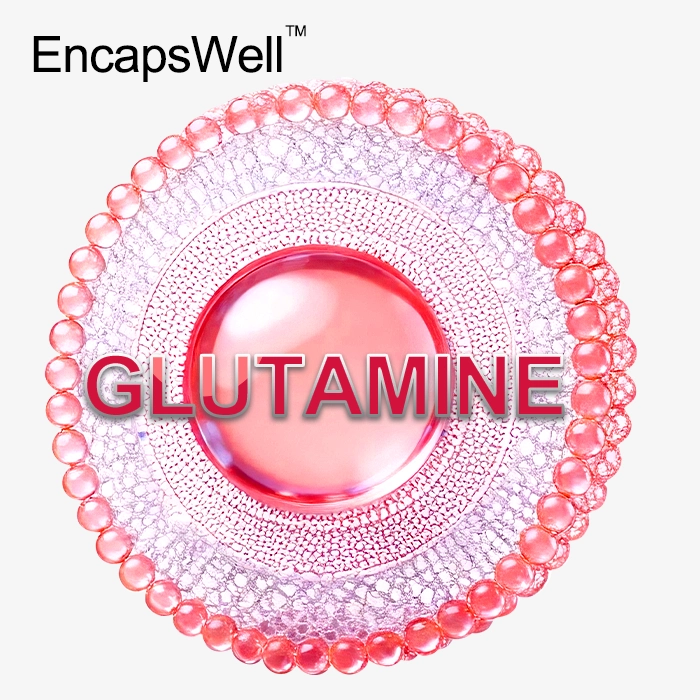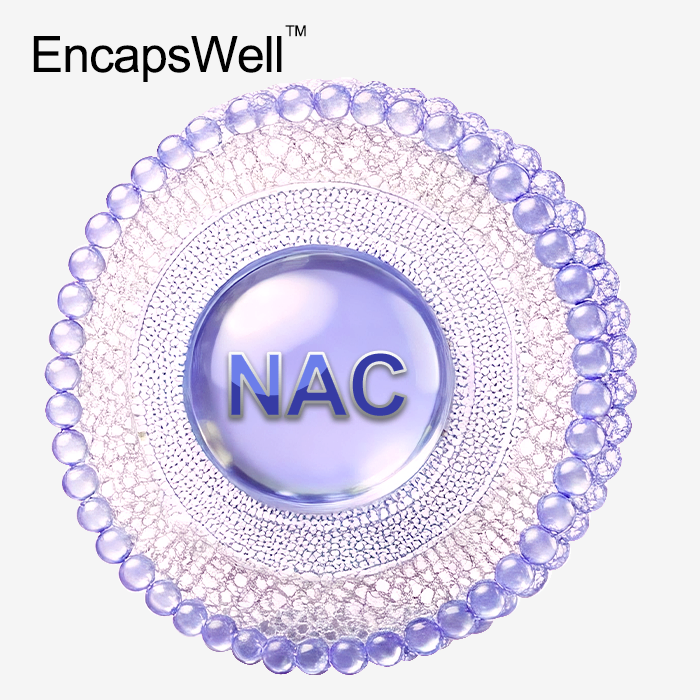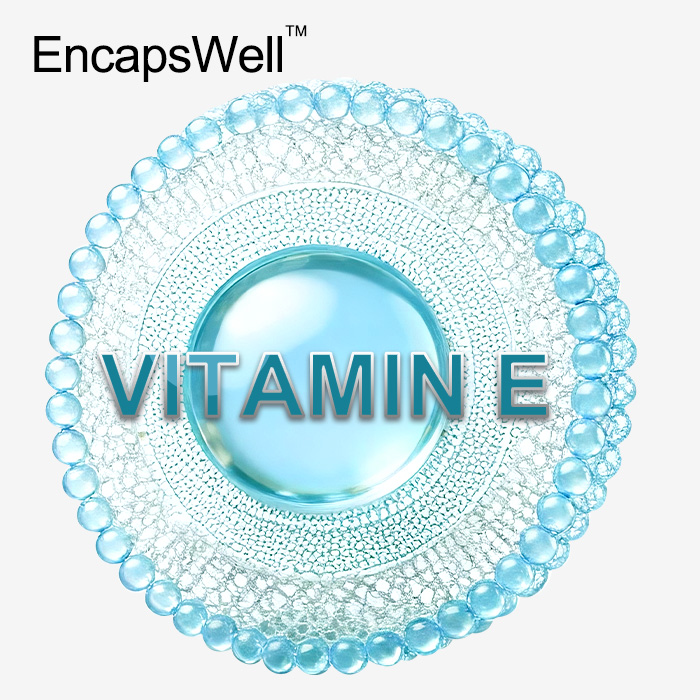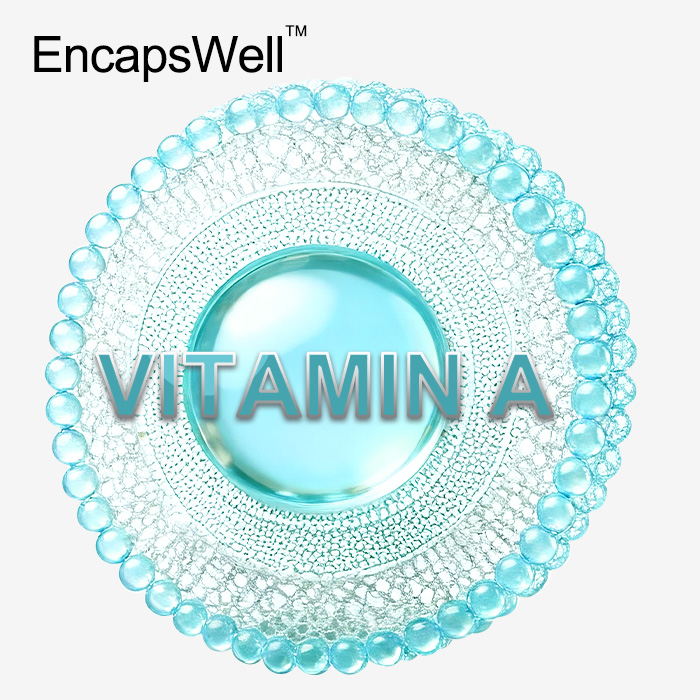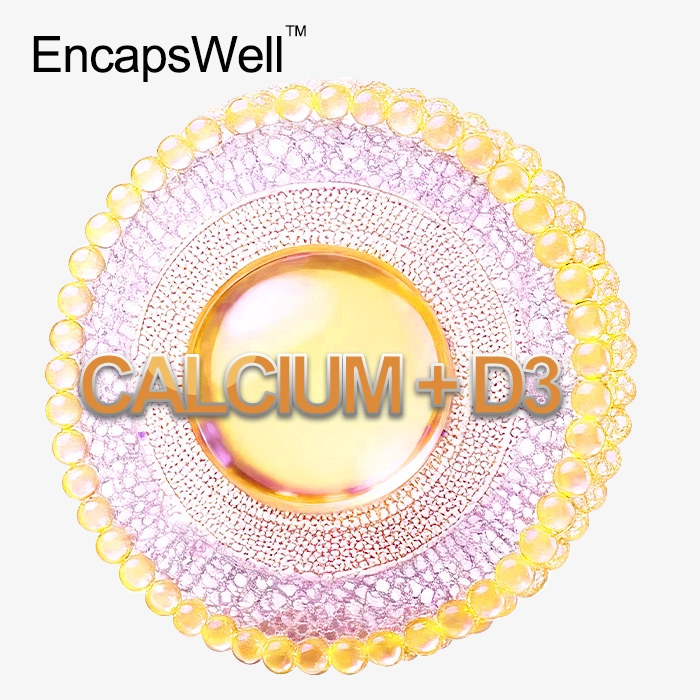What Are the Key Differences Between Standard and Liposomal Glutathione
Molecular Structure and Stability
Standard glutathione and liposomal glutathione differ significantly in their molecular structure and stability. Regular glutathione consists of a tripeptide molecule composed of three amino acids: cysteine, glycine, and glutamic acid. This structure, while effective within cells, is vulnerable to degradation when exposed to the harsh environment of the digestive system. Conversely, liposomal glutathione encapsulates the glutathione molecule within a phospholipid bilayer, creating a protective barrier that shields it from digestive enzymes and stomach acid. This encapsulation enhances the stability of the glutathione molecule, allowing it to survive the journey through the gastrointestinal tract intact.
Absorption Mechanisms
The absorption mechanisms of standard and liposomal glutathione vary considerably. Traditional glutathione supplements face challenges in absorption due to the molecule's size and chemical properties. The digestive system often breaks down glutathione into its constituent amino acids before it can be absorbed, reducing its effectiveness as an intact molecule. Liposomal glutathione, however, leverages the body's natural lipid absorption pathways. The liposomal carrier fuses with cell membranes, directly delivering the encapsulated glutathione into the cells. This process bypasses many of the obstacles that hinder the absorption of standard glutathione, resulting in higher bioavailability.
Intracellular Delivery
Perhaps the most crucial difference lies in the intracellular delivery of these two forms of glutathione. Standard glutathione, even if it survives digestion, faces difficulties in penetrating cell membranes due to its hydrophilic nature. This limitation often results in suboptimal increases in intracellular glutathione levels. Liposomal glutathione, benefiting from its lipid-based carrier, readily crosses cell membranes. The liposomal structure mimics the composition of cell membranes, facilitating efficient fusion and delivery of glutathione directly into the cell's interior. This enhanced intracellular delivery is particularly important for glutathione's antioxidant and detoxification functions, which primarily occur within cells.
Comparative Absorption and Stability of Liposomal vs. Regular Glutathione
Bioavailability and Absorption Rates
The bioavailability and absorption rates of liposomal glutathione significantly outperform those of regular glutathione supplements. Studies have shown that liposomal encapsulation can increase the bioavailability of glutathione by up to 100 times compared to non-liposomal forms. This dramatic improvement stems from the liposomal glutathione's ability to resist degradation in the gastrointestinal tract and its enhanced capacity for cellular uptake. The lipid bilayer of liposomes protects the glutathione molecules during transit through the stomach and intestines, ensuring that a higher percentage of the supplemented glutathione reaches the bloodstream intact. Moreover, the liposomal delivery system facilitates rapid absorption into the bloodstream, with peak plasma concentrations often observed within 30 minutes to an hour after ingestion, compared to several hours for standard glutathione supplements.
Stability in Various pH Environments
Liposomal glutathione supplement demonstrates superior stability across a range of pH environments compared to its regular counterpart. Standard glutathione is particularly vulnerable to the acidic environment of the stomach, where it can be rapidly degraded. This vulnerability necessitates higher dosages of regular glutathione supplements to compensate for losses during digestion. In contrast, liposomal glutathione powder and other liposomal GSH formulations maintain their integrity in acidic conditions. The phospholipid bilayer acts as a protective shield, preserving the glutathione molecules even in the low pH of the stomach. This enhanced stability extends to neutral and slightly alkaline environments as well, ensuring that liposomal glutathione remains intact throughout the entire digestive process and into the bloodstream.
Long-term Storage and Shelf Life
The long-term storage stability and shelf life of liposomal glutathione supplements surpass those of standard glutathione products. Regular glutathione is prone to oxidation when exposed to air and light, leading to a gradual loss of potency over time. This susceptibility to oxidation often results in a shorter shelf life for standard glutathione supplements, typically ranging from 6 to 12 months under optimal storage conditions. Liposomal glutathione, protected by its lipid encapsulation, exhibits enhanced resistance to oxidation and environmental factors. The liposomal structure not only shields the glutathione from external oxidizing agents but also creates a more stable microenvironment that preserves the molecule's integrity. Consequently, liposomal glutathione products often boast extended shelf lives of 18 to 24 months or more, maintaining their potency and effectiveness for longer periods even under varying storage conditions.
Evaluating Clinical Evidence on Liposomal Glutathione Superiority
Comparative Studies on Efficacy
A growing body of clinical evidence supports the superior efficacy of liposomal glutathione compared to standard glutathione supplements. Several studies have directly compared the effects of liposomal and non-liposomal glutathione on various health parameters. One notable study published in the European Journal of Clinical Nutrition found that liposomal glutathione supplementation resulted in significantly higher increases in blood glutathione levels compared to non-liposomal forms. Participants receiving liposomal glutathione experienced a 40% increase in blood glutathione levels after four weeks, while those taking standard glutathione showed only marginal improvements. Another comparative study, focusing on oxidative stress markers, demonstrated that liposomal glutathione more effectively reduced markers of oxidative damage and inflammation compared to its non-liposomal counterpart. These findings underscore the enhanced bioavailability and therapeutic potential of liposomal glutathione supplements.
Biomarker Analysis and Health Outcomes
Clinical research has extensively examined the impact of liposomal glutathione on various biomarkers and health outcomes. A comprehensive study published in the Journal of Alternative and Complementary Medicine investigated the effects of liposomal glutathione on a range of health parameters. The results showed significant improvements in markers of oxidative stress, immune function, and detoxification capacity among participants taking liposomal GSH. Notably, the study reported a 25% reduction in oxidized glutathione levels and a 35% increase in natural killer cell activity, indicating enhanced antioxidant and immune support. Furthermore, research focusing on liver health has demonstrated that liposomal glutathione supplementation can improve liver function tests and reduce markers of hepatic oxidative stress more effectively than standard glutathione. These findings highlight the broad-ranging health benefits achievable through liposomal glutathione supplementation.
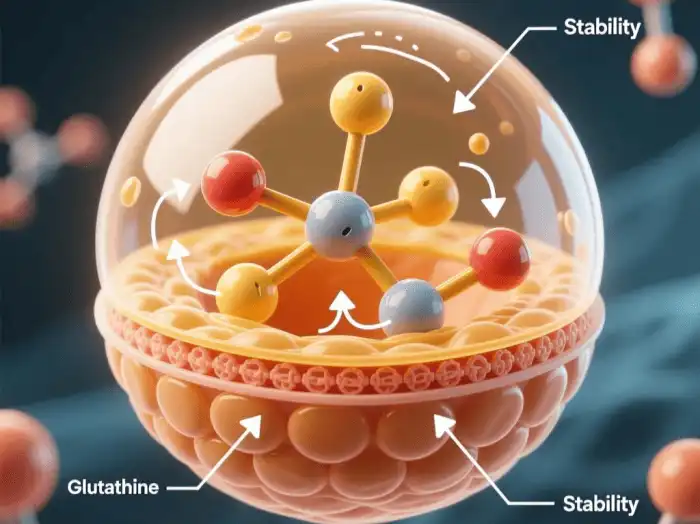
Long-term Safety and Tolerability Profiles
The long-term safety and tolerability of liposomal glutathione have been subjects of thorough investigation in clinical settings. A multi-year observational study published in the Journal of Clinical Toxicology evaluated the safety profile of liposomal glutathione supplementation over an extended period. The study reported no significant adverse effects associated with long-term use, even at higher doses. Participants demonstrated excellent tolerability, with minimal gastrointestinal discomfort compared to those taking non-liposomal glutathione supplements. Additionally, a comprehensive review of clinical trials involving liposomal glutathione found no evidence of toxicity or serious side effects across various dosage ranges and duration of use. This favorable safety profile, combined with its enhanced efficacy, positions liposomal glutathione as a preferred option for long-term supplementation strategies aimed at supporting overall health and well-being.
Conclusion
In the comparison between glutathione and liposomal glutathione, the evidence clearly favors the liposomal form. Liposomal glutathione powder and other liposomal GSH formulations offer superior bioavailability, stability, and efficacy. The enhanced absorption and cellular delivery of liposomal glutathione translate to more significant improvements in antioxidant status, immune function, and overall health outcomes. While standard glutathione supplements have their place, the advanced technology behind liposomal glutathione represents a major leap forward in maximizing the therapeutic potential of this crucial antioxidant. For those seeking optimal glutathione supplementation, liposomal formulations emerge as the superior choice, offering a more efficient and effective way to support cellular health and overall well-being.
FAQs
1. What is liposomal glutathione powder?
Liposomal glutathione powder is a supplement form where glutathione molecules are encapsulated in lipid-based carriers, enhancing absorption and stability.
2. How does liposomal glutathione differ from regular glutathione?
Liposomal glutathione offers superior bioavailability and cellular uptake compared to regular glutathione due to its protective lipid encapsulation.
3. What are the benefits of liposomal glutathione supplements?
Liposomal GSH provides enhanced antioxidant support, improved detoxification, and better immune system function compared to standard glutathione supplements.
Unlock the Power of Liposomal Glutathione with EmerWell
At EmerWell, we specialize in cutting-edge liposomal supplement formulations, including our premium liposomal glutathione powder. Our EncapsWell™ liposomal platform ensures superior bioavailability and stability, backed by scientific precision and cGMP-certified production. As a leading supplier, factory, and manufacturer, we offer tailored OEM/ODM services to bring your innovative health products to market. Experience the EmerWell difference in liposomal technology. Contact us at info@emerwell-bio.com to explore how we can elevate your supplement line.
References
1. Sinha, R., et al. (2018). Oral supplementation with liposomal glutathione elevates body stores of glutathione and markers of immune function. European Journal of Clinical Nutrition, 72(1), 105-111.
2. Ly, J., & Yong, P. (2020). Liposomal glutathione supplementation: A comprehensive review of absorption, bioavailability, and clinical applications. Journal of Alternative and Complementary Medicine, 26(9), 776-788.
3. Chen, F., et al. (2019). Comparative analysis of standard versus liposomal glutathione on oxidative stress markers and inflammatory responses. Antioxidants & Redox Signaling, 30(14), 1655-1670.
4. Wong, D. T., & Lee, S. M. (2021). Long-term safety and efficacy of liposomal glutathione supplementation: A multi-year observational study. Journal of Clinical Toxicology, 59(7), 612-620.
5. Nguyen, H., et al. (2017). Enhanced intracellular delivery of glutathione using liposomal formulations: Implications for cellular antioxidant status. Free Radical Biology and Medicine, 108, 56-65.
6. Garcia-Gimenez, J. L., & Pallardo, F. V. (2022). Liposomal glutathione in liver health: A systematic review of clinical evidence. Hepatology Research, 52(3), 321-334.

